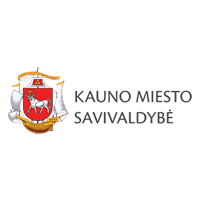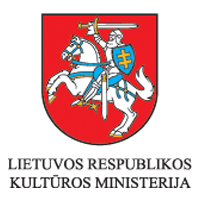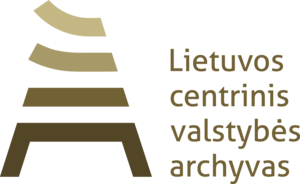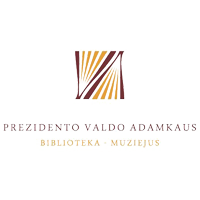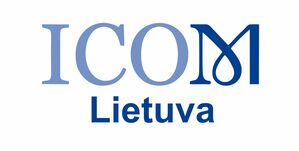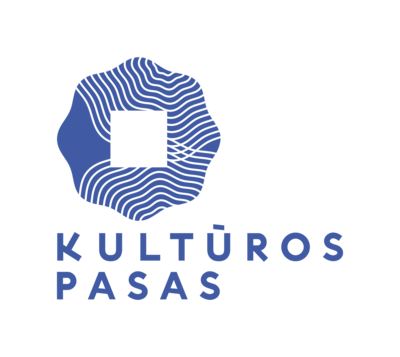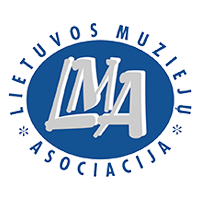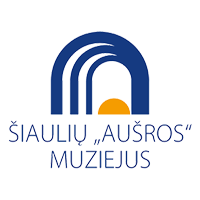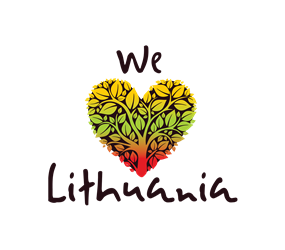Rapid social changes at the end of the 19th century and the revived hopes of an independent state brought a new group – the intellectuals – to the position which was influential in all spheres of Lithuania’s life – political, social, cultural and academic. As prominent Lithuanian philosopher Stasys Šalkauskis pointed out, the intellectuals were not a social class or an estate; they were the enlightened part of the society, representing the same society and serving it as well. The essence of intellectuals was in their constant social effort and universal spiritual education.
Rapid social changes at the end of the 19th century and the revived hopes of an independent state brought a new group – the intellectuals – to the position which was influential in all spheres of Lithuania’s life – political, social, cultural and academic. As prominent Lithuanian philosopher Stasys Šalkauskis pointed out, the intellectuals were not a social class or an estate; they were the enlightened part of the society, representing the same society and serving it as well. The essence of intellectuals was in their constant social effort and universal spiritual education.
How can you define an intellectual?
The periodical Naujoji Romuva (1932) gives an explicit definition of the intellectual:
From times immemorial intellectuals concentrated on intellectual, spiritual and moral values. Their goals went beyond simple professional or business matters. The intellectual is a citizen of the state, who considers the state matters above her/his own. She/he is a spiritual giant, who sheds light on others through her/his moral clearness. She/he is the spokesman of the national and state maturity. The intellectual is a person of special tenderness, who puts all her/his heart in helping others. Intellectuals are outstanding people who raise the honor of the nation through their deeds. Intellectuals are the brains of the nation. The grandeur of the nation manifests itself through those people.
The restoration of Lithuania’s statehood in 1918, wars of independence that followed, and accumulation of democratic ideas in the society drew several generations of intellectuals into the state restoration works. High-principled enthusiasm, intellectual and creative work, need for self-expression and longing for a more perfect society united intellectuals from all corners of Lithuania in their strive for a modern, strong and spiritual national state. The society’s modernization processes were most evident in the institutionalizing of the Lithuanian language as the state language and the gradual retaking of the public sphere, in growing civic and national awareness, in new forms of leisure time and the rise of the entertainment industry, and finally, in the evolvement of the city culture.
Why do we speak about the family?
Working on the re-creation of the Lithuanian state, intellectuals very consciously perceived that the institute of the family is at the very foundation of modern national state. Preserving the outer traditional frame, intellectuals slightly altered the essence of the family: the concept of marriage and marital happiness now rested upon the love of two individuals and the well-being of the family depended equally from the well-being of both – the man and the woman. The family was perceived as the place where an individual forms his/her spiritual constitution, gets first lessons in national awareness, learns native language, traditions, and gets introduced to the national aspirations and ideals.
Families of intellectuals (where both parents or one of them can be identified as an intellectual) differed from other families by a wider circle of interests that reached far beyond professional life or the household. Social matters, political issues, new forms of upbringing and education of children, meaningful and intellectual leisure time were widely discussed and deployed by families of intellectuals. New ideas from the West and East were borrowed, put to the test and later on disseminated in the rest of the society.
What will you see in this exhibition?
The focus on the family of intellectuals is first of all due to the virtue of them being the forerunners in all spheres of life. The ideological values of Lithuanian intellectuals of the period in question are well researched by philosophers and historians, whereas everyday life, private family life and material culture are still waiting for a proper investigation. Therefore, this exhibition is an attempt to see beyond the official biographies, public faces and facades. Such virtues as civic awareness, patriotism, devotion to the cause, high morals and culture were not empty notions; they were actually promoted inside the families of intellectuals – it is clearly documented in family photographs, letters, and periodicals. The 1920s saw the change in child upbringing methods – the child as a little individual and childhood as an important stage of life is clearly documented in photographs, periodicals and toys. Some insights into ways of life at home, modern national style in interior decoration, the new consumer and home economy trends are also discussed and portrayed in this exhibition. The last room is dedicated to leisure activities of the family. New forms of entertainment in the city, increased mobility with the most popular trips to the seaside, and change in manners and morals illustrate the altering forms of life both in cities and families of intellectuals.
Families of intellectuals in the First Republic of Lithuania constituted the elite of the nation, but due to the present devaluation of the “elite” notion, the organizers of this exhibition decided to stick to the notion of “the family of intellectuals”.



